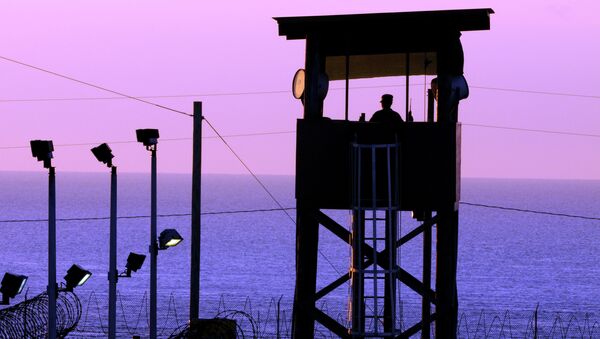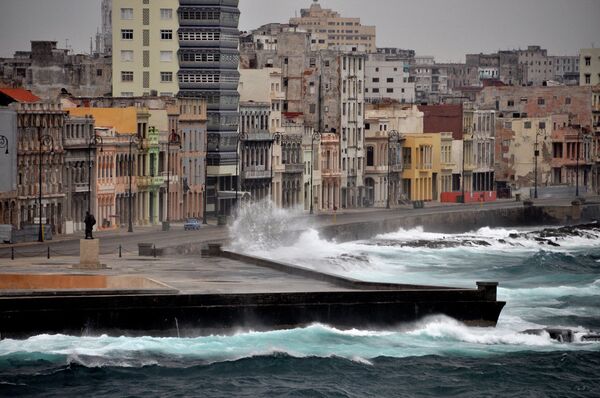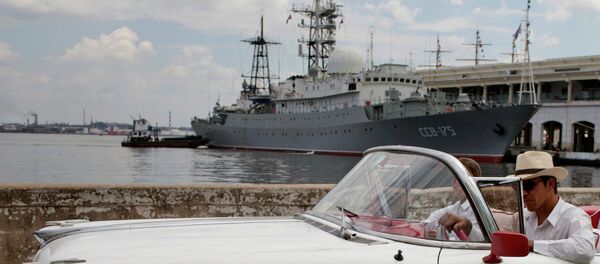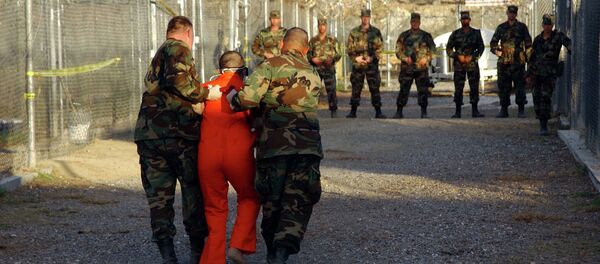Last week, U.S. diplomats made the first trip to Cuba in 35 years with hopes of fulfilling President Obama’s pledge to normalize relations with the island nation. It was a seminal moment, a first step toward the reopening of embassies in both Washington and Havana.
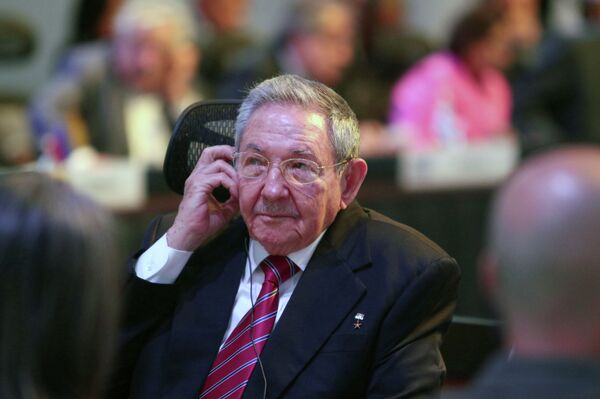
But despite the progress, Castro still has a long list of prerequisites for the U.S. to meet. Speaking to a summit of the Community of Latin American and Caribbean States (CELAC) on Wednesday, Castro said the U.S. has to agree to a few concessions.
“…If these problems aren’t resolved, this diplomatic rapprochement wouldn’t make any sense,” Castro said.
The list of problems is long, but not insurmountable. Cuban leaders want Havana to be removed from a U.S. State Department list of state sponsors of terrorism. They also want the United States to adjust its immigration policy, which they see as too accepting of Cuban expats.
But Cuba has two foremost requirements: No more embargoes, and no more Gitmo.
An Economic Vice
Driving along the Malecon, the roadway winding along the coastal spray of Old Havana, provides a glimpse of the city’s crumbling apartment buildings. Due to recent economic reforms, a handful of privately owned businesses also appear along the esplanade. Drive further and there stand large black billboards with the word “BLOQUE” printed next to images of a noose which wraps around the entire island of Cuba. Smaller print beneath compares the economic embargo to “genocide.”
The U.S. placed sanctions on the island in 1962, and Cuban leadership has blamed these strict policies for its economic troubles, and President Castro reiterated his push to end the embargo during his talk at CELAC.
“The establishment of diplomatic relations is the beginning of a process toward the normalization of bilateral relations,” he said. “But this won’t be possible as long as the blockade exists.”
For his part, President Obama has already used his executive authority to weaken some of the sanctions. Both travel and trade restrictions have been eased, but Castro says more can be done.
“[Obama] could use with resolve his broad executive powers to substantially change the scope of the blockade, even without the Congress decision.”
Castro also wants the U.S. to pay hundreds of millions in damages caused by the embargo.
Of course, lifting the full embargo will require the cooperation of Congressional lawmakers.
Despite Obama’s urging, the new Republican majority may drag its heels, partly to thumb its nose at a rival parties president, and partly out of concerns that normalization is coming too fast, without pressuring the Cuban government to change policies the U.S. has long opposed.
Castro seems fully aware of this.
“Some forces in the United States will try to abort this process that has started,” he said.
The pressure may working. A bipartisan group of eight Senators plan to introduce legislation on Thursday which would end legal restrictions on travel to the island by U.S. citizens. A related bill is expected to be proposed next week.
Still, even if lawmakers are pressured into removing the decades-old embargo, there’s still one more major caveat, and one that Republicans may be even less likely to cede.
Illegally Held Land at Gitmo
The U.S. navy leased the 45 square mile stretch of land at Guantanamo Bay in 1903. Sitting on Cuba’s southern end, it’s the oldest overseas U.S. naval base, and the communist government has opposed it’s presence ever since taking power in 1959.
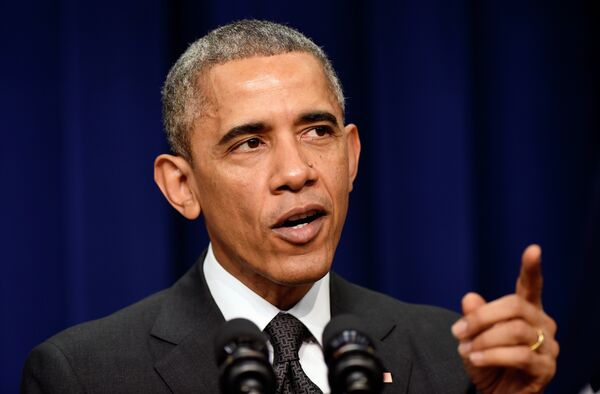
They’re not the only ones, of course. Guantanamo’s prison has come under heavy criticism for its treatment of suspects in the war on terror. Human rights advocates have urged for the prison’s close, and even President Obama ran on a promise to shut down Gitmo.
Even if Obama manages to make good on his promise on closing the prison, that’s still a far cry from closing the entire naval base. Castro says that’s a necessary condition toward normalization.
“[Normalization] will not be possible…while they don’t give back the territory illegally occupied by the Guantanamo naval base,” Castro said.
While the U.S. State Department has not yet responded to Castro’s speech at the CELAC summit, the return of the land at Guantanamo Bay could involve a messy political battle.
Castro seems to have other CELAC members at his back.
“White it’s true that President Obama has taken a big step, there is a long path ahead,” said Venezuelan President Nicolas Maduro.
John Caulfield, who led the U.S. Interests Section in Havana last year, remains optimistic. He says Castro’s list of demands to be a positive sign.
“The more the Cubans feel obligated to defend the status quo and to say that nothing’s going to change, the more pressure it indicates to me is on them to make these changes, partly on the economic side but I would also say on the political side.”

